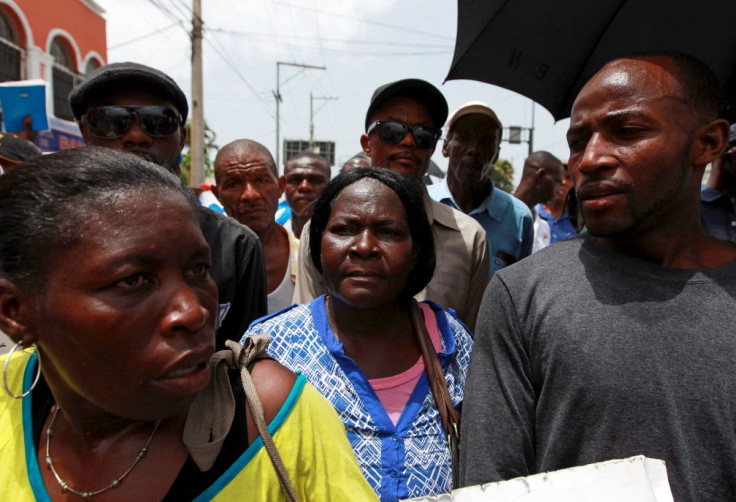U.S., Dominican Republic To Work On Better Labor Law Enforcement In Dominican Sugar Sector

The United States and the Dominican Republic on Friday said they would form a technical working group to help improve labor law enforcement in the Dominican sugar sector amid concerns voiced by U.S. lawmakers about "slave-like" conditions reported there.
The group will include representatives from both countries' trade, labor, and foreign affairs ministries, with other agencies involved as needed, they said in a joint statement released by the Office of the U.S. Trade Representative.
"This joint endeavor takes into account the commitment of the two countries to enforce labor laws, including those regarding forced labor, improve labor conditions ... and continue their long-standing partnership on addressing these issues," the statement said.
U.S. Representative Earl Blumenauer, who chairs House Ways and Means trade subcommittee, and 14 other lawmakers in January urged U.S. Trade Representative Katherine Tai and other top Biden administration officials to investigate continuing allegations of labor exploitation and forced labor in the Dominican Republic's sugar industry.
The lawmakers asked U.S. officials to look for ways to address potential violations, including under the Dominican Republic-Central America Free Trade Agreement (DR-CAFTA) that was signed in 2004, and other U.S. trade laws.
The U.S. Labor Department in 2013 found evidence of "apparent and potential labor violations," including concerns about acceptable working conditions, child labor and forced labor in the Dominican sugar sector, following a complaint filed in 2011.
Its most recent review in 2018 determined the Dominican Republic was taking positive steps to address some of the issues, but the lawmakers said recent media reports showed that laborers of Haitian descent continue to face "appalling" conditions.
"The conditions reported indicate that we must do more to ensure compliance with domestic labor laws and international labor standards, including those embedded in the DR-CAFTA," they wrote. "Workers in the sugar sector are reportedly forced to work in slave-like conditions. We are simply not doing enough."
© Copyright Thomson Reuters 2024. All rights reserved.







